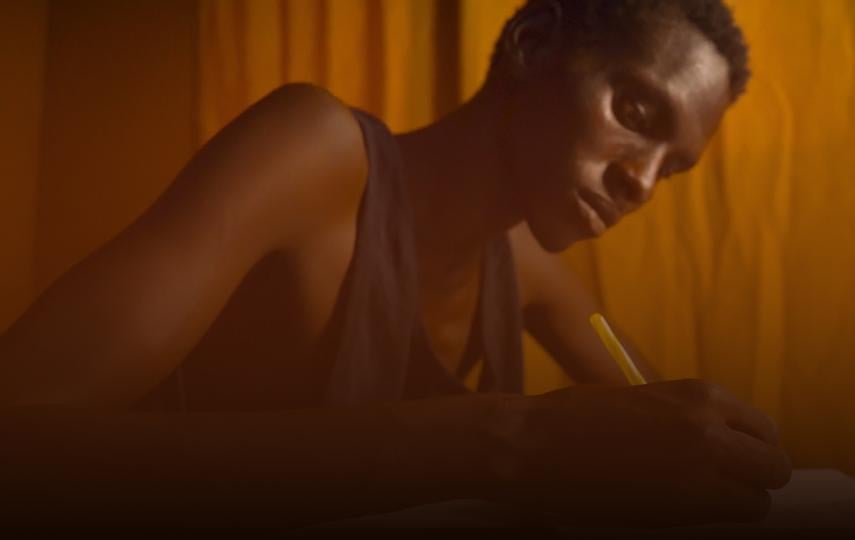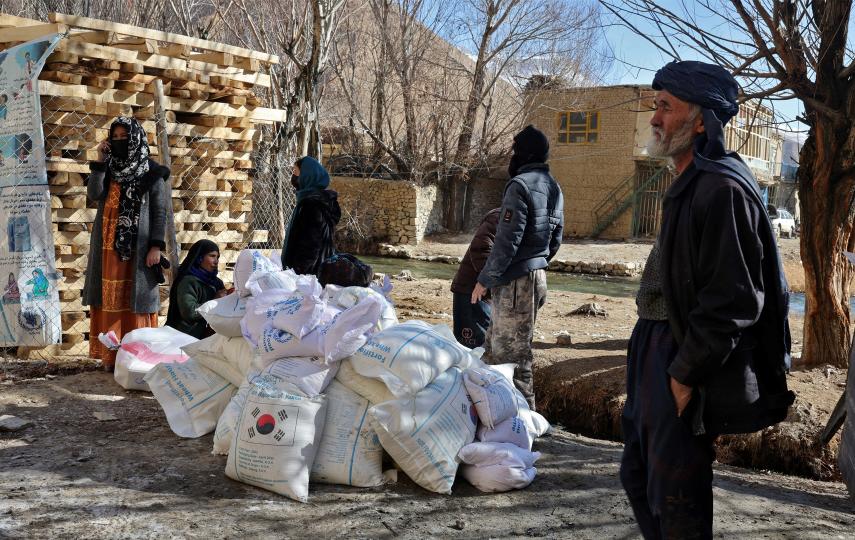Our editors’ weekly take on humanitarian news, trends, and developments from around the globe.
On our radar
Ceasefire talks, as Gaza death toll crosses 40,000
A fresh round of ceasefire negotiations got underway in Doha, Qatar, on 15 August. The aim is to reach a deal to bring an end to Israel’s more than 10-month-long war in the Gaza Strip and secure the release of the estimated 115 Israeli hostages still held by Hamas and other Palestinian militant groups from their 7 October attacks into Israel last year. Forty-one of the hostages are believed to be dead, and the recorded death toll from Israel’s military campaign has now reached over 40,000, according to health authorities in Gaza. That’s roughly 2% of Gaza’s population – or one out of every 50 residents – that has been killed. Successive rounds of ceasefire talks since April have so far failed to bring an end to the war and secure the release of hostages. The current round of negotiations has been complicated by the killing of Hamas political leader Ismail Haniyeh – a key figure in previous talks – in Iran on 31 July. Iran has vowed to launch retaliatory strikes against Israel, raising fears of a wider regional war. Senior Iranian officials, however, have said they will hold back if Israel agrees to a ceasefire deal. Israeli Prime Minister Benjamin Netanyahu is now viewed even by the United States as the main obstacle to an agreement. He’s vowed to achieve “absolute victory” over Hamas – something his own defence minister called “gibberish”. Hamas is not attending the talks in Doha, but is being briefed on what is taking place by mediators.
For a first-hand perspective on what’s been happening on-the-ground in Gaza, watch Palestinian journalist Maha Hussaini’s latest dispatch from the enclave:
Sudan peace talks no-show
US-sponsored talks to halt the 16-month conflict in Sudan kicked off in Geneva this week, but there was a no-show from the army despite all the fanfare. There had been hope that the new venue and buy-in from regional powers supporting the warring factions – including Egypt and the United Arab Emirates – would give the process a better chance of succeeding than prior, disjointed mediation attempts. But the army’s command remains internally divided on the issue of dialogue – especially while it is on the back foot militarily – and is wary of the US, which is sees as a perennial critic. The paramilitary Rapid Support Forces, the army’s rival, is meanwhile being accused of attending talks only to launder its image and bolster its international legitimacy. Grassroots civilian groups also remain deeply wary of another potential power-sharing accord that strengthens the military generals at their expense. The political manoeuvring comes as nationwide displacement tops 10 million and famine has been declared in the western Darfur region. The army-aligned government has denied that famine is taking place, though it is promising to ease humanitarian access restrictions into Darfur after blocking a key supply route for the past six months.
Is the international security force in Haiti fit for purpose?
A failed security operation near Haiti’s capital, Port-au-Prince, is raising renewed questions over the effectiveness of the 400 Kenyan police officers deployed to end gang violence. Two weeks ago, in what the Miami Herald called “the first significant outing” of the UN-approved Multinational Security Force (MSS), an armoured convoy of Kenyan police entered Ganthier, a commune east of the capital where the ruthless 400 Mawozo gang had destroyed the police station and killed several residents. However, they left less than 24 hours later without taking control of the town, and sparking questions as to whether the MSS is fit for purpose. It is eventually expected to include 2,500 officers from different countries, but money has been slow to come, and currently the MSS is regarded as too small and poorly equipped to help the Haitian police restore security – a task that several security experts consider would also require air and maritime support. Although gangs have loosened their grip on some parts of Port-au-Prince, attacks haven't stopped, national roads are still hard to access, and gangs are expanding in other areas. For more, read this in-depth analysis about the MSS deployment and this report on what Haitians and Kenyans make of it.
No progress in Venezuela’s electoral crisis
Venezuelans are still waiting for a resolution to its election crisis, nearly three weeks after President Nicolás Maduro was proclaimed the winner – a result contested by the opposition, and internationally considered fraudulent. Maduro has refused to release the tally sheets that would prove his victory, arguing the electoral system had been the target of a cyber-attack. But the opposition, who managed to secure more than 83% of the tallies, says they prove that its candidate – Edmundo González – won by more than 60% of the vote. All eyes are now on Brazil, Colombia and México to find a negotiated solution to the impasse. On 15 August, President Luiz Inácio Lula da Silva of Brazil, and Colombia’s Gustavo Petro, called for new elections to be held. But the proposal was rejected by the Venezuelan opposition and the United States alike. Meanwhile, protesters across the country continue to face repression. On 15 August, the NGO Foro Penal reported that since 29 July, there have been 1,406 verified arrests. Another non-profit, the Venezuelan Prison Observatory, said women detained during the protests are “constantly subjected to inhumane treatment”. But this isn't stopping people from demonstrating. Opposition leader María Corina Machado has called on Venezuelans around the world to join a global protest on 17 August. For more on Venezuela’s dire humanitarian situation, read this analysis.
Rage in India over rape and murder of trainee doctor
The rape and murder of a trainee doctor in Kolkata has led to days of protest and unrest in India, as demonstrators demand justice and health workers request greater protection from the state. In reaction to the 9 August killing, hundreds of thousands took to the streets of Kolkata and other cities. All non-emergency services across many state-run hospitals were also suspended. Protesters say the fact that the 31-year-old doctor was raped after a 36-hour shift at a medical college that did not have proper sleeping facilities for their physicians, played a central role in her death. Although the protests were largely peaceful, there were reports of damage to the RG Kar Hospital, where the crime took place. Hospital staff were also said to have been injured when some protesters ransacked the facility.
Exiled ex-Bangladesh premier charged with murder
Bangladesh’s former Prime Minister, Sheikh Hasina, who fled the country earlier this month, is set to face trial on murder charges for the killing of a student protester by the security forces in July. Hasina, and six other members of her former cabinet, are to be charged with the 16 July killing of Abu Sayeed, a 25-year-old student activist whose death Amnesty International says was the result of a “seemingly intentional and unjustifiable attack” using birdshot ammunition, which is unlawful for policing protests. Sayeed’s killing is cited as the turning point that saw the weeks-long demonstrations shift from being about a job quota law to an outright call for the ouster of Hasina, who had ruled the country for 15 years. Hasina, who is currently in India where she fled to on 5 August, called on those involved in Sayeed’s death to be “identified and punished accordingly”. It was her first public statement since absconding.
Weekend read
EXCLUSIVE: Save the Children to cut hundreds of jobs as funding gap looms
Save the Children International is preparing for mass layoffs at its London headquarters and five regional offices amid a major restructuring aimed at addressing a projected budget shortfall. The New Humanitarian had the scoop.
And finally…
Refugee Olympic Team makes history
The first-ever medal for the Refugee Olympic Team was won in Paris by boxer Cindy Ngamba. She claimed the bronze after being beaten in the women’s 75kg semi-final. The refugee team was created by the International Olympics Committee to give displaced sportspeople a chance at competing at the highest level. Thirty-seven athletes competed in Paris – the team’s highest number of participants to-date. And it’s not all over just yet … Eight athletes, and one guide runner, will make up the biggest Refugee Paralympic Team when they compete at Paris 2024 at the end of August.




